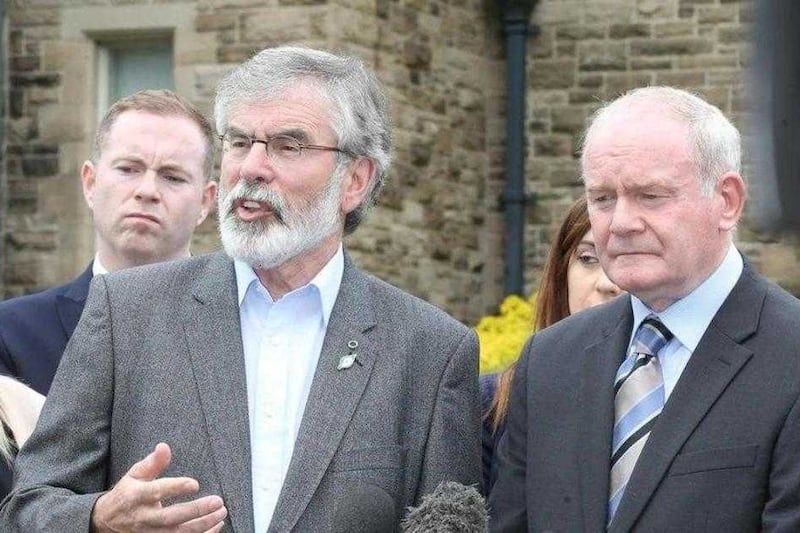The former president of Republic Sinn Féin (RSF) Des Dalton has resigned from the party after he said political violence was wrong.
The party's ard chomhairle backed a motion to suspend him earlier this week.
Mr Dalton has been a member of the party for over 30 years and succeed veteran republican Ruairí Ó Brádaigh, a close friend, as president in 2009.
The Co Kildare man held the role until 2018.
Mr Dalton has refused to accept the suspension and has instead tendered his resignation.
The formation of RSF, which is close to the thinking of the Continuity IRA, predates the Provisional IRA's 1994 ceasefire and signing of the Good Friday Agreement in 1998.
It was established in 1986 after some republicans rejected Sinn Féin's decision to abandon the principle of abstensionism, which cleared the way for members of the party to take their seats in Leinster House.
The move against Mr Dalton came after he gave an interview to the University of Liverpool’s Institute of Irish Studies Civic Space in which he said the use of armed action cannot be justified from a tactical or moral perspective.
He also pointed to the killing of writer Lyra McKee in Derry in 2019 by the New IRA suggesting that her death had turned people away from traditional republican thinking.
In a statement he said that to accept his suspension from the RSF "would be to renounce the ideas I put forward in my interview and that is something I cannot do".
He added that the "constitutional question is centre stage in a way it has not been for over 40 years".
Mr Dalton believes the argument for a united Ireland can be furthered if the threat of violent attacks is removed.
"Traditional Irish republicanism has roots deep in Irish history and has a reach that is often underestimated," he said.
"Without the distraction of sporadic armed actions, I believe its message can resonate even wider," he said.
"Irish republicanism needs to free itself of the shrill voices who shout 'sell out' or 'slippery slope' when any initiative or fresh thinking is advanced for discussion.
"This is irrational and simply stifles the kind of honest and open debate that is necessary if the ideals of Irish republicanism are to be advanced."
"Such debate must take place in an environment which is honest and rational, underpinned by a firm grasp of what the fundamental principles of Republicanism are."
He said he remains "confident and secure" in his republican beliefs.
"I believe those who advocate for perpetual armed action without clear short term and long-term objectives do a disservice to Irish republicanism as by their actions they serve only to copper fasten the institutions of partition."





